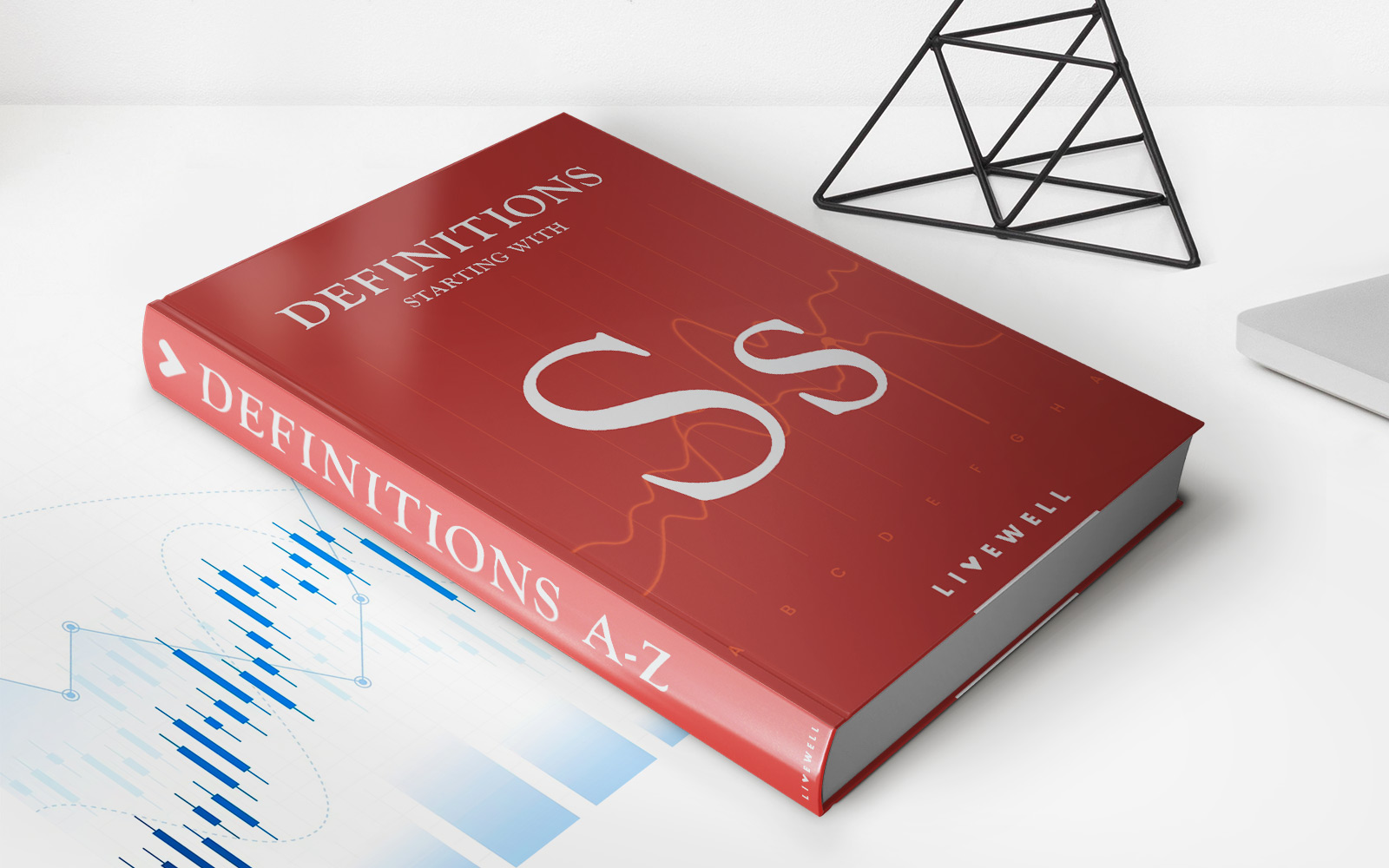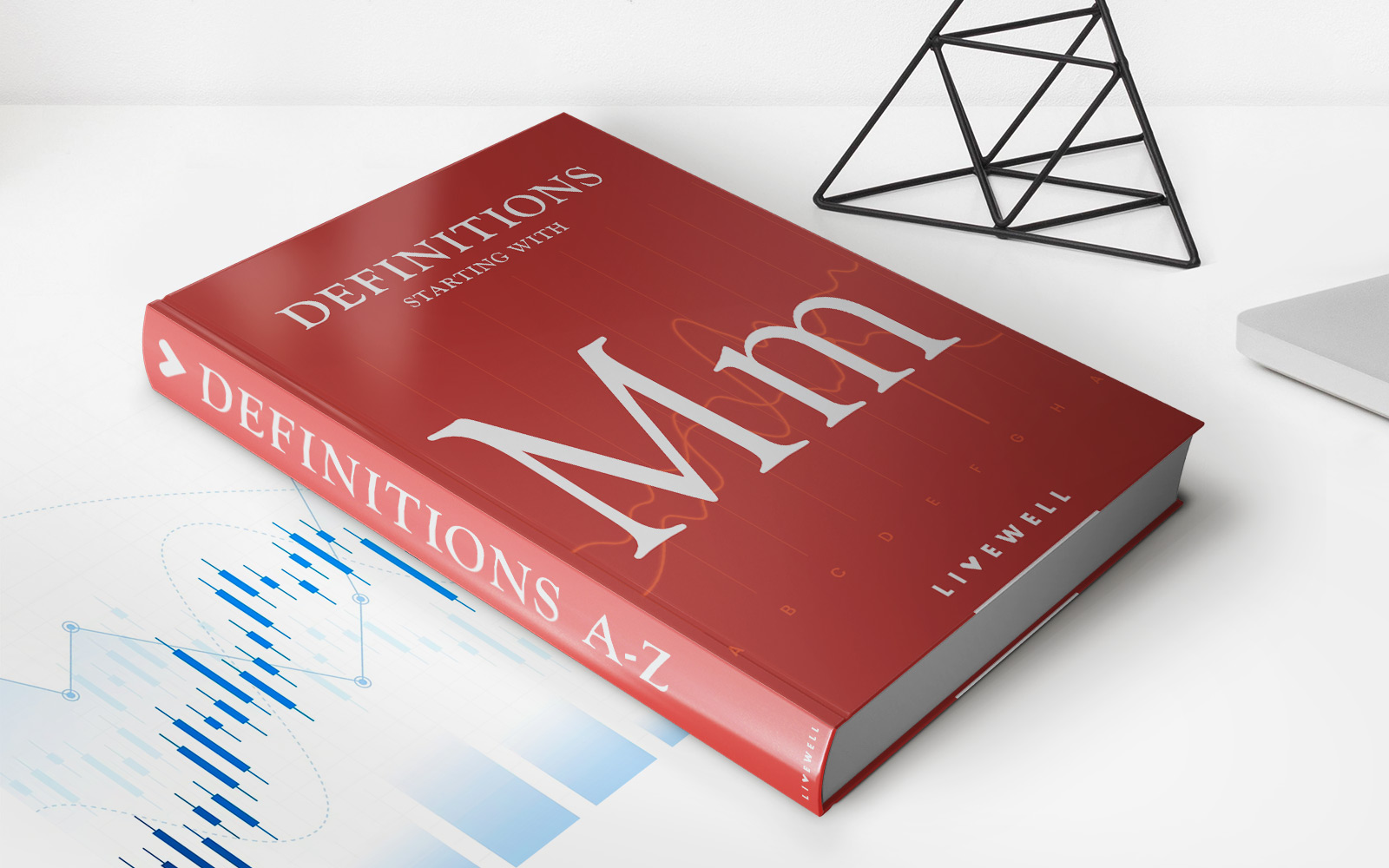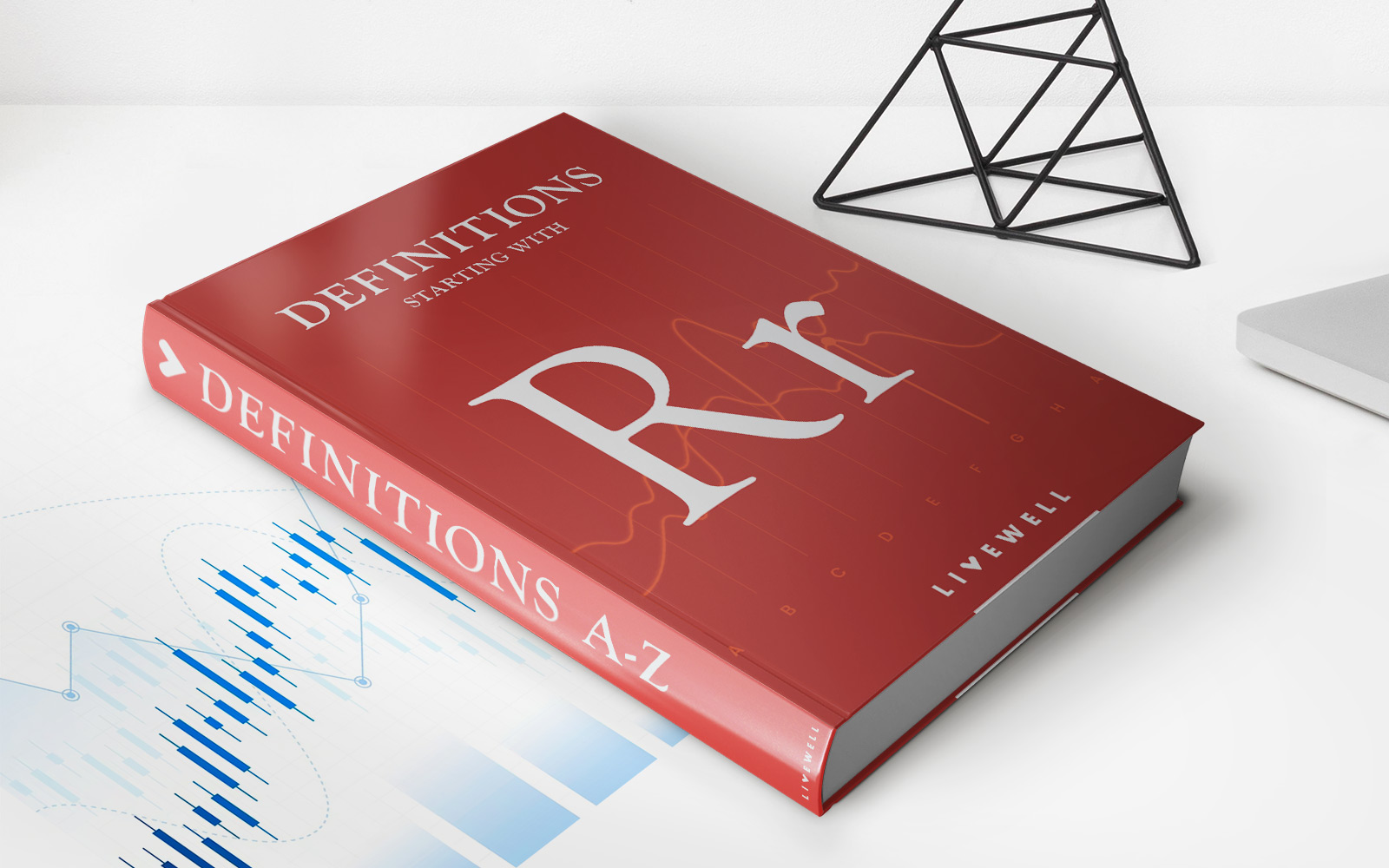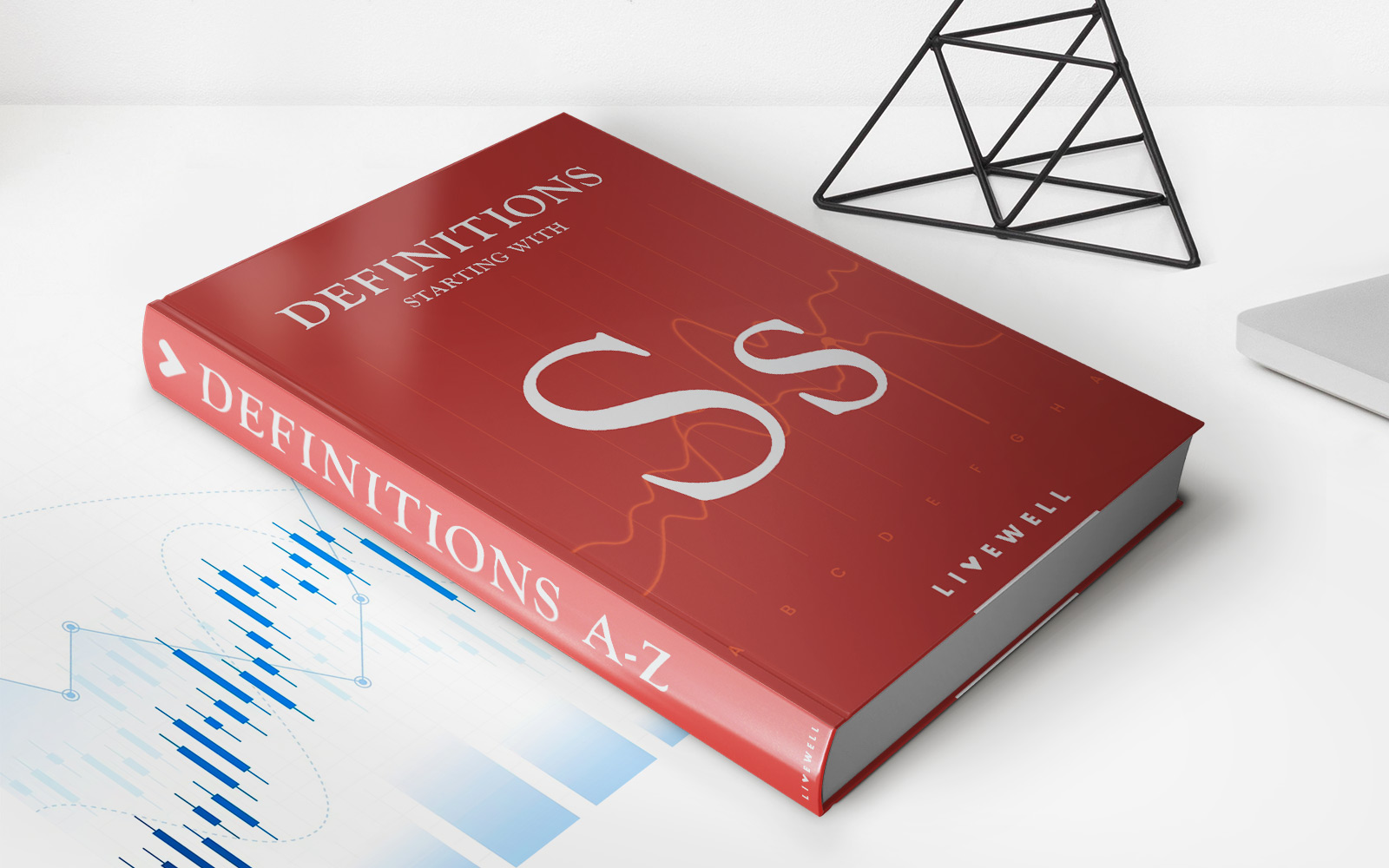Home>Finance>Big-Box Retailer: Definition, Examples, Vs. Small-Box Stores


Finance
Big-Box Retailer: Definition, Examples, Vs. Small-Box Stores
Published: October 16, 2023
Learn the definition of big-box retailer, explore examples, and understand how they differ from small-box stores in the world of finance.
(Many of the links in this article redirect to a specific reviewed product. Your purchase of these products through affiliate links helps to generate commission for LiveWell, at no extra cost. Learn more)
Big-Box Retailer: Definition, Examples, Vs. Small-Box Stores
Welcome to our Finance category, where we bring you the latest insights on various financial topics. In today’s blog post, we dive into the world of big-box retailers and explore what sets them apart from small-box stores. Whether you’re a savvy shopper or a curious entrepreneur, understanding the differences between these two types of retail establishments can help you make more informed decisions. So, let’s get started!
Key Takeaways:
- Big-box retailers are large-scale stores that typically offer a wide range of products, including groceries, electronics, and home goods.
- Small-box stores are smaller in size and often specialize in a specific product category or niche.
What is a Big-Box Retailer?
A big-box retailer refers to a large-scale store that typically spans thousands of square feet and offers a wide variety of merchandise. These stores are known for their massive size, extensive product selection, and competitive prices. They often have a distinct warehouse-like appearance, with high ceilings, wide aisles, and multiple checkout counters to accommodate a large volume of shoppers.
Big-box retailers are synonymous with convenience and one-stop shopping. They carry everything from groceries and electronics to clothing and furniture, making it easy for consumers to find all their desired items under one roof. Examples of well-known big-box retailers include Walmart, Target, and Best Buy.
One of the key advantages of big-box retailers is their ability to leverage economies of scale. By purchasing products in bulk, they can negotiate better deals with suppliers, allowing them to offer competitive prices to consumers. Additionally, their large physical footprint enables them to stock a vast array of products, catering to a wide range of customer needs and preferences.
What is a Small-Box Store?
On the other hand, a small-box store is a retail establishment that is smaller in size and often specializes in a specific product category or niche. These stores focus on providing specialized and curated offerings to appeal to a specific target audience. Examples of small-box stores include boutique clothing shops, specialty bookstores, and local hardware stores.
Small-box stores offer a more personalized and unique shopping experience. Their smaller size allows them to provide individual attention to customers and offer a carefully curated selection of products that meet specific tastes and preferences. Furthermore, these stores often foster a sense of community by supporting local artisans and suppliers.
Big-Box vs. Small-Box: The Differences
Now that we understand what big-box and small-box stores are, let’s explore the key differences between them:
- Product Selection: Big-box retailers offer a vast range of products across various categories, while small-box stores focus on a specific niche or product category.
- Price: Big-box retailers typically leverage economies of scale to offer competitive prices, while small-box stores may have higher prices due to their specialized offerings and limited inventory.
- Shopping Experience: Big-box retailers prioritize convenience and one-stop shopping, whereas small-box stores emphasize a personalized and unique shopping experience.
- Community Impact: Small-box stores often contribute to the local community by supporting local artisans and suppliers, while big-box retailers have a broader impact in terms of job creation and economic growth.
Both big-box and small-box retailers play important roles in the retail industry, offering distinct benefits to consumers and communities. Whether you’re a fan of the wide product selection and competitive prices offered by big-box stores or prefer the personalized experience and niche offerings of small-box stores, it’s essential to understand these differences to make informed shopping decisions.
That concludes our exploration of big-box retailers versus small-box stores. We hope this article has shed some light on these two types of retail establishments, helping you navigate the exciting world of retail with confidence. Remember, whether you’re shopping for your favorite products or considering opening your own retail business, understanding the unique characteristics of big-box and small-box stores can make all the difference!














